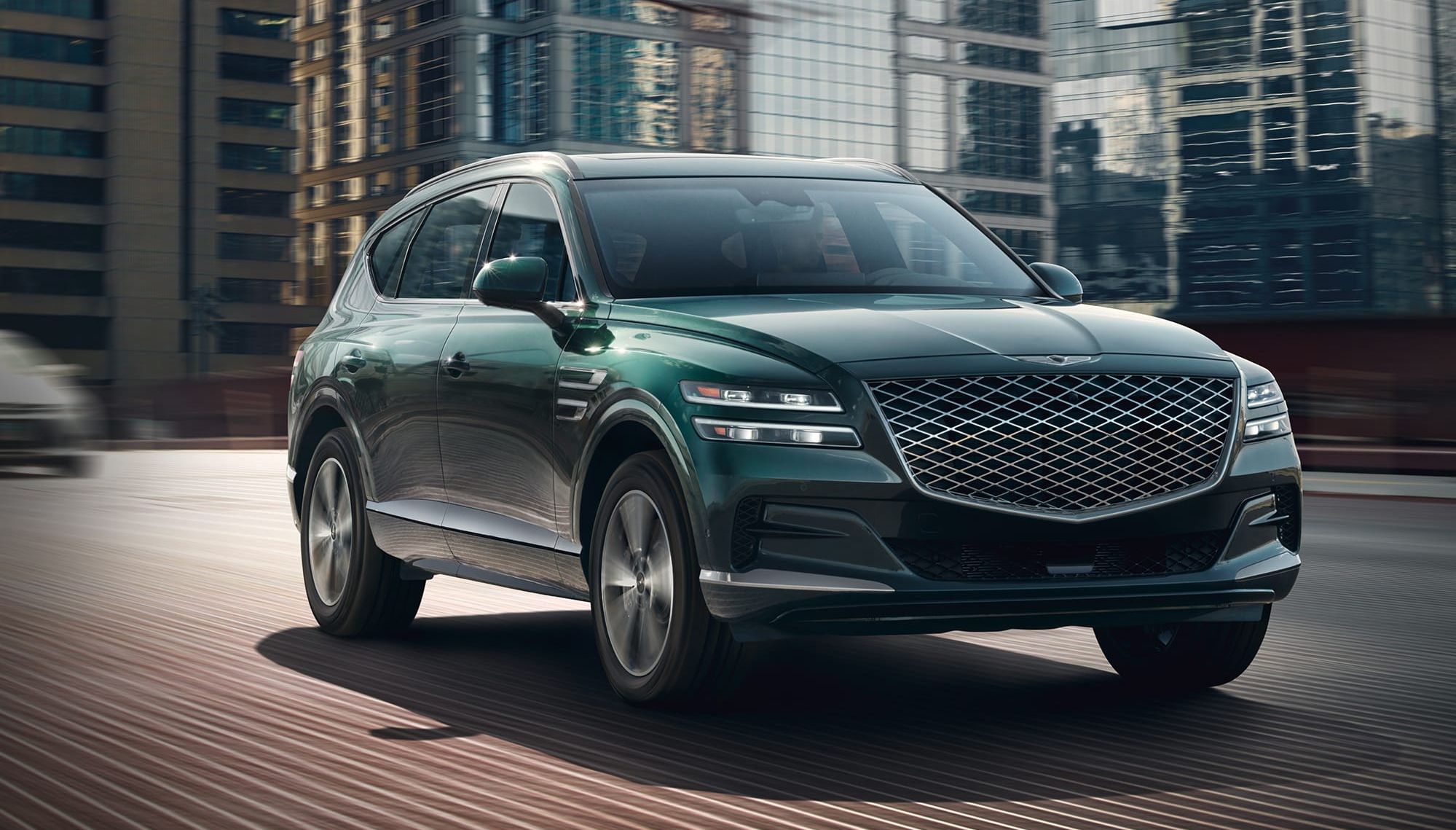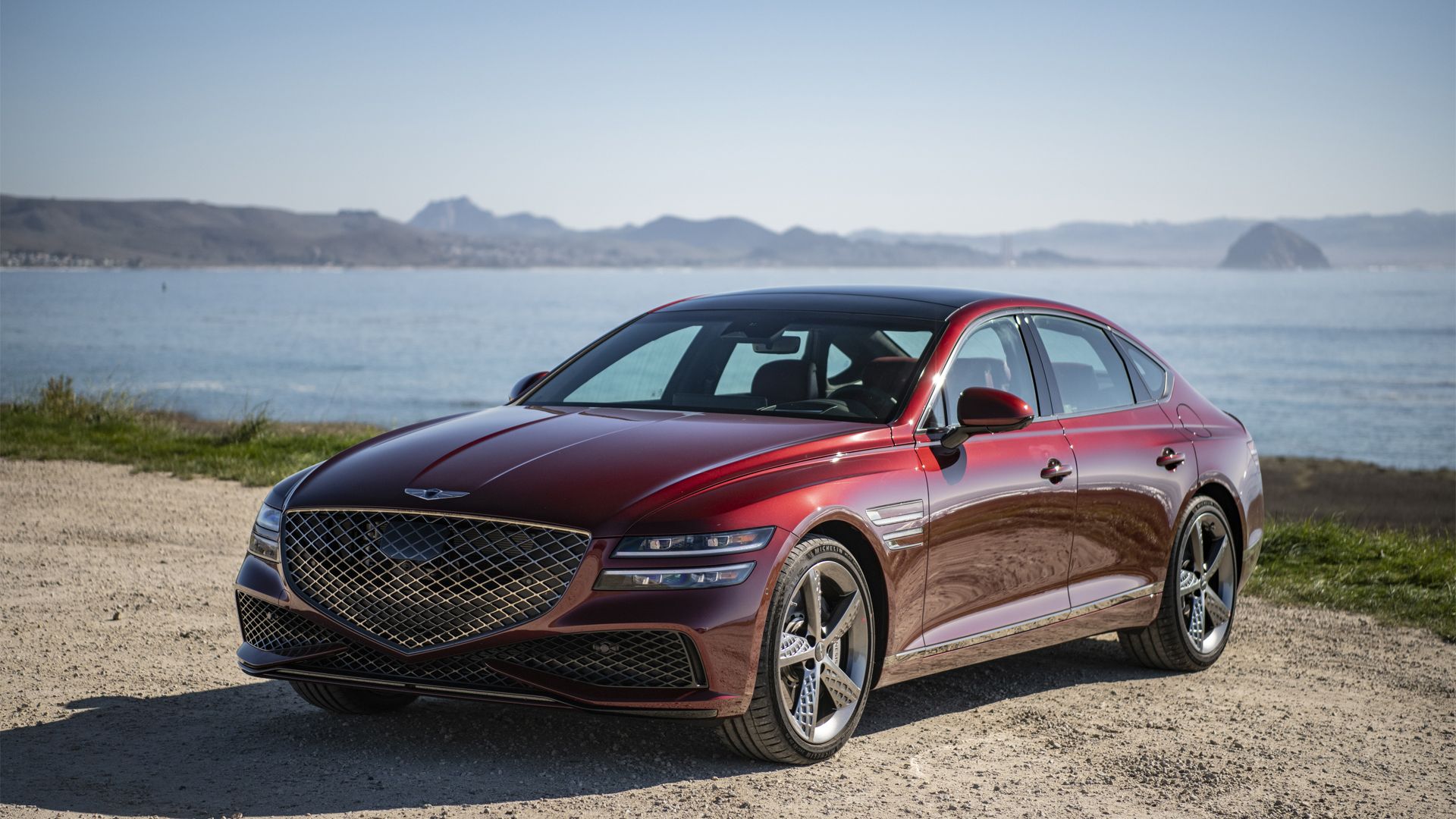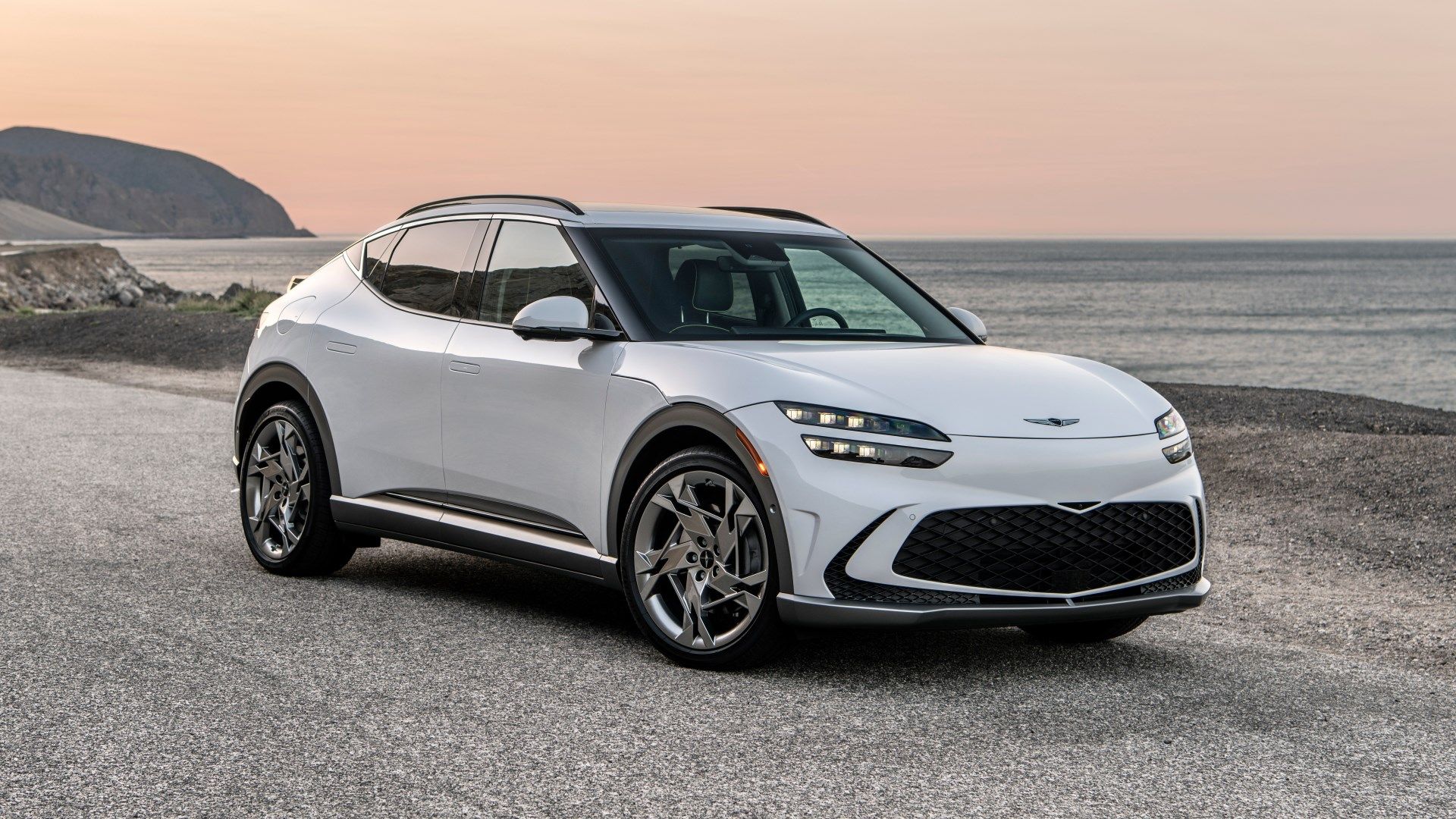Summary
- Hyundai’s Genesis division aims to dominate the luxury segment with high-end vehicles at more affordable prices than competitors.
- Genesis started as a concept in 2003 before launching luxury vehicles like the G80 and G90 under its own brand in 2015.
- With a focus on innovation, Genesis has introduced electrified models like the GV70, showcasing luxury and performance in the EV segment.
For as long as companies have formed into corporations, they have had different divisions to handle the various price levels of their lineups. Chrysler handled the upscale vehicles, while Dodge was the mid-tier, and Plymouth was the entry-level. Ford, the parent company, was the middle ground, with Mercury as the starter brand, and Lincoln as the top level. For General Motors, which at times had a half dozen brands under its umbrella, Cadillac was always the most luxurious division.
The Japanese automakers got in on the luxury division action in the 1980s. First, Honda established their Acura luxury line in 1986 and proceeded to outsell established brands like Mercedes-Benz and BMW. Based on that success, Toyota created a luxury brand of its own with Lexus in 1989. Around the same time, Nissan’s luxury division, Infinity, was founded. Mazda had planned to follow suit with the Amati luxury brand, but financial issues forced the cancelation of the project in the early 1990s.
Korean automaker Hyundai came later to the U.S. market than its Japanese counterparts, but has built a solid reputation as one of the best manufacturers, with an eye on the top spot. Apart from building quality vehicles, a key component of Hyundai’s plan involves carving out a big chunk of the luxury market. Launched in 2015, Genesis Motor is Hyundai’s luxury division that has put all others on notice. Building nicer vehicles at a more affordable price, the evolving Genesis project is poised to dominate the luxury segment.
In order to give you the most up-to-date and accurate information possible, the data used to compile this article was sourced from various manufacturer websites and other authoritative sources, including source 1, source 2, and source 3.
America’s Version of the Genesis GV80 Has Arrived to Take on the Luxury SUV Market
With the GV80, Genesis can now go full steam ahead in the U.S. market
Evolution Of The Genesis Brand
Hyundai started as a construction company in 1947, but didn’t start making cars until 1967, and wouldn’t hit the United States until the 1980s. Their first car for the American market was the Excel, introduced in 1986. While it was underpowered and not much to look at, it was, however, cheap as hell, starting at $4,995, but more importantly, a reliable ride. The formula was a success and by 1988 it was the top-selling import. Being known primarily as an affordable source of basic transportation, Hyundai worked hard to establish a reputation as an exciting and innovative car brand.
Hyundai History:
- 1947 – Hyundai Engineering and Construction Company formed
- 1967 – Hyundai Motor Company established
- 1986 – Hyundai Excel sells in America
- 1998 – Hyundai acquires Kia
- 2015 – Genesis Motor is founded
By the 2000s, Hyundai was a major player with some of the best-selling models in multiple segments. They never lost their mission goal of delivering quality vehicles that fit any budget, and have been recognized for their style and dependability. Part of world domination involves expansion, and Hyundai has constantly grown the company, as well as developed new divisions and brands to cover everything from compact pickup trucks to full-size luxury SUVs.
Hyundai Acquires Kia
Kia was a Korean competitor of Hyundai that had been making cars for almost as long. They started selling cars in the U.S. in 1992, with one dealership in Portland, Oregon, expanding to over a hundred in a few short years, to become a serious contender. Following the Asian financial crisis of 1997, Hyundai and Kia entered into a partnership in which they both acquired a piece of each other’s companies, which is slightly different from a merger. The bottom line is that Hyundai ended up as the biggest Kia shareholder, so they, in effect, own the company now.
Rise of the Hyundai Genesis
Both Hyundai and Kia make great vehicles at a great price, but that means they occupy the same space. Hyundai’s vision of growth required a new division that did something that neither they nor Kia were doing. The idea of a luxury division was first kicked around in 2003 as “Concept Genesis.”
The plan was to design a luxury vehicle from the ground up and launch it with a new company dedicated to high-end rides. After 3 years and a half a billion dollars, the Genesis executive car was introduced in 2008. It was, however, badged as a Hyundai, and that luxury division would have to wait.
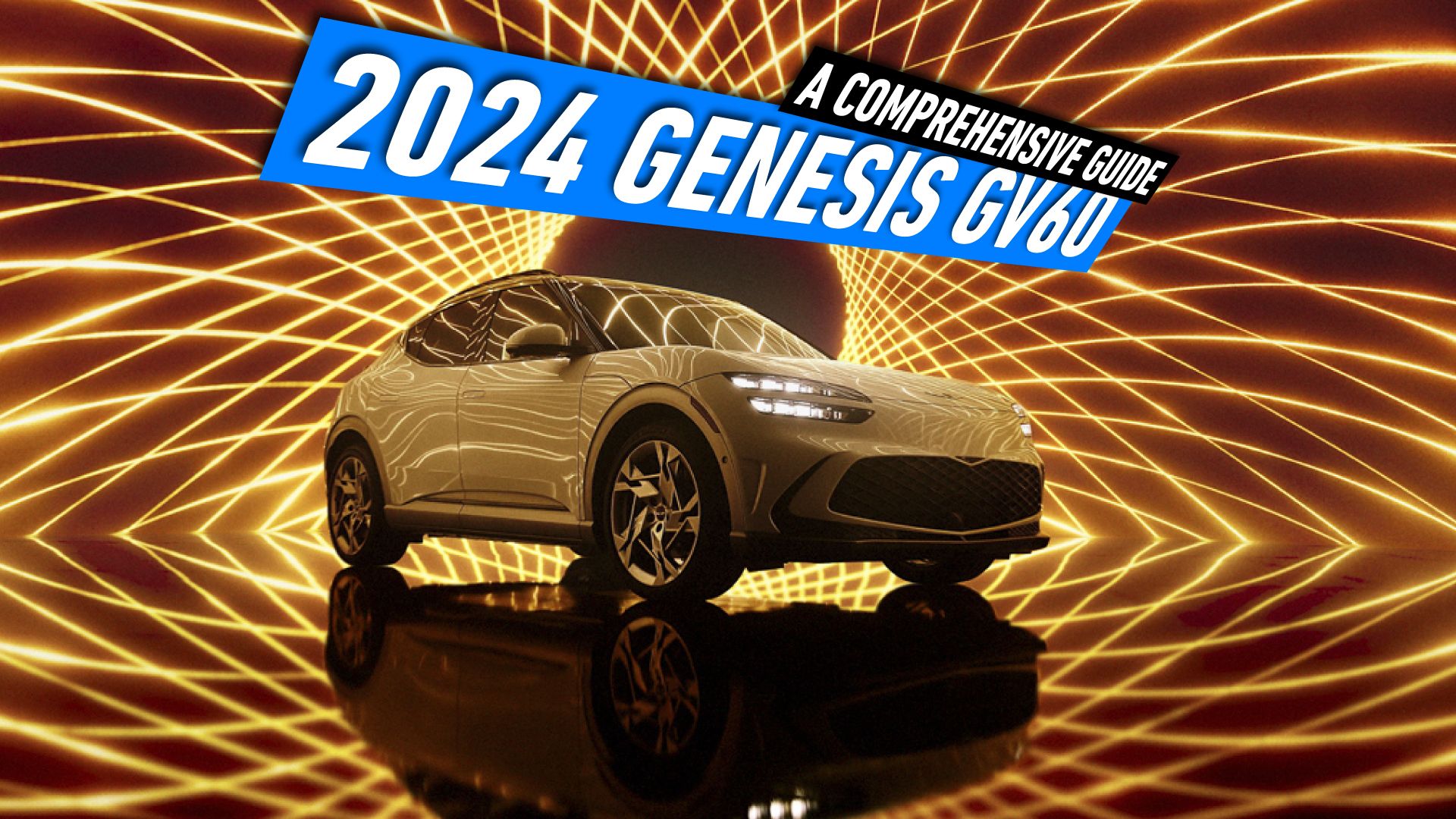
2024 Genesis GV60: A Comprehensive Guide On Features, Specs, And Pricing
Genesis introduces a new base rear-wheel drive trim for the GV60, making it a slightly more affordable premium EV crossover option.
Hyundai Genesis Becomes Genesis Motors
The Hyundai Genesis was such a success that it became evident that it needed its own company to focus on luxury vehicles. Genesis Motors was formed in 2015, with the first models, the G80 and G90, hitting American showroom floors in 2016. Genesis vehicles are sold at specially designated Hyundai dealerships that have made room for the impressive new luxury brand. In a 2015 Yahoo! interview, Hyundai’s U.S. spokesman, Chris Hosford, cited consumer demand as the major reason for establishing Genesis as its own luxury division.
“The customers have told us they wanted this brand. They say, ‘I want the Genesis badge.’ Some Genesis customers have been re-badging their cars as Genesis on their own.” – Chris Hosford
Genesis G-Series Luxury Sedans
The first vehicle launched under the new Genesis Motors marquee was the 2017 G80, a four-door luxury sedan. It was effectively a second generation of the Hyundai Genesis, with more comfort and performance. Also, for the 2017 model year, Genesis unleashed the four-door full-size luxury G90, which was the evolution of the Hyundai Equus.
In 2019, Genesis would add the G70, a four-door luxury compact executive car. Then, in 2021, they began selling the G70 Shooting Break luxury station wagon, mostly in the European market. All the G-Series cars sold in America were instant hits and continue to be top five sellers in their various segments.
Genesis GV-Series Luxury SUVs
A huge chunk of the luxury vehicle market is SUVs and crossovers, so Genesis tackled that segment next with the GV80 in 2021. The mid-size SUV is available in rear or all-wheel drive, has several great turbocharged engine options, and is packed with luxury and features. The second SUV from Genesis was the GV70, also introduced in 2021.
The compact crossover SUV is just as luxurious as its big brother, but has a 375-horsepower engine option that makes it a high-performance vehicle as well. As of yet, there is no full-size Genesis SUV, but they did leave the number 90 open, so presumably one is on the way.

10 Things That Put The Genesis GV70 Ahead Of The Pack
The 2022 Genesis GV70 is a stylish SUV with advanced tech features, a luxurious interior, and an unbeatable value.
Genesis Innovation
Genesis isn’t just a luxury brand, but rather a project that aims to advance the segment. Anyone can slap a luxury finish on a vehicle and load it with features, but Genesis is looking to develop the next-gen of luxury rides with innovative concepts. Though the company has only been in existence for a short time, they have built almost a dozen radical concept vehicles that push the limits of design and imagination.
Concept vehicles rarely get built, but their cutting-edge ideas do find their way into production models. One of these concepts is a full-size SUV called the Neolun, so a GV90 is probably forthcoming.
Genesis Electrified G80
These days it’s impossible to be at the forefront of innovation without an EV and Genesis did it right with the Electrified G80. As a plug-in electric version of the G80, it has all the luxury and features, but costs substantially less to enjoy. With a dual electric motor setup that produces 365 horsepower, it’s actually a half-tick quicker than the gas-powered V-6 G80 Sport. The interior is made entirely of recycled materials, and the eco-friendly ride was the official VIP car for leaders and delegates at the 2022 G20 Summit in Bali, Indonesia.
Genesis Concept Vehicles:
- Vision G
- New York
- GV80
- Essentia
- Mint
- X
- X Spedium Coupe
- X Convertible
- Neolun
Genesis Electrified GV70
The Genesis Electric GV70 is obviously the EV version of the GV70 and matches it in luxury, but far surpasses it in performance with a pair of electric motors that make a combined 483 horsepower. It is such a fine vehicle that Car and Driver ranked it #1 in Best Luxury Electric SUVs, above the BMW iX and Rivian R1S. Genesis also makes the GV60 compact EV SUV, which is all electric but doesn’t carry the “Electrified” moniker, which BTW is #3 on Car and Driver’s list.
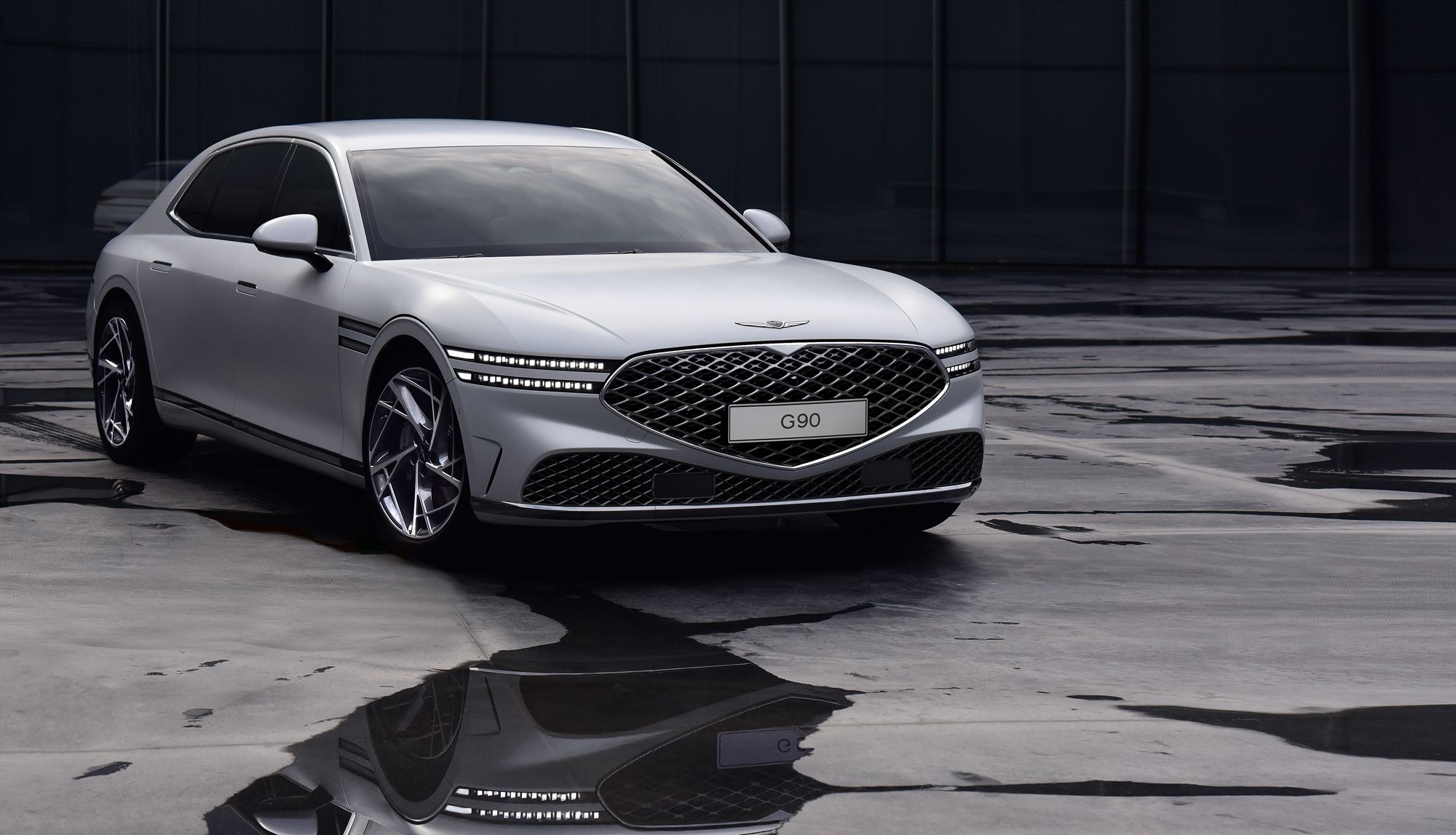
Everything That Makes The Genesis G90 A Proper Rival To The Mercedes S-Class
The flagship Genesis sedan shows us that lavish luxury in an executive-size package doesn’t need to come with an eye-watering price tag
Genesis Evolution
Hyundai made a name for itself by producing reliable vehicles at an affordable price, and its spin-off brand Genesis is doing the same thing for the luxury segment. The Genesis vehicles are the sharpest-looking rides any Hyundai-affiliated company has ever produced and probably the most stylish vehicles on the market today. What makes them truly special, however, is that they deliver as much or more luxury and performance than the competitors, with a way lower sticker price.
Lexus, Acura, and the European luxury brands can charge a premium because they have a reputation for high quality, but according to J.D. Power Genesis beats them all in reliability. The evolution of the brand is actually quite astounding, going from the bare-bones Hyundai Excel to the completely loaded Genesis G80. Anyone would be hard-pressed to name another car company that has come that far in a relatively short period of time. In reality, most car companies are doing what they always have, while Hyundai, Kia, and their luxury off-shoot Genesis are pushing the boundaries.
Credit: Source link
